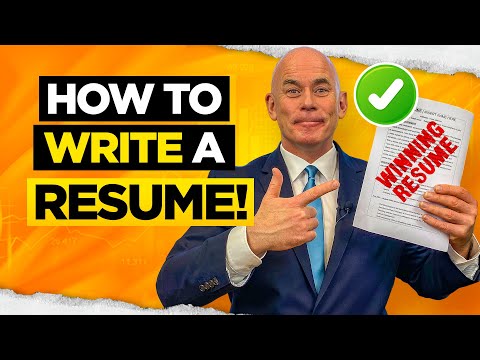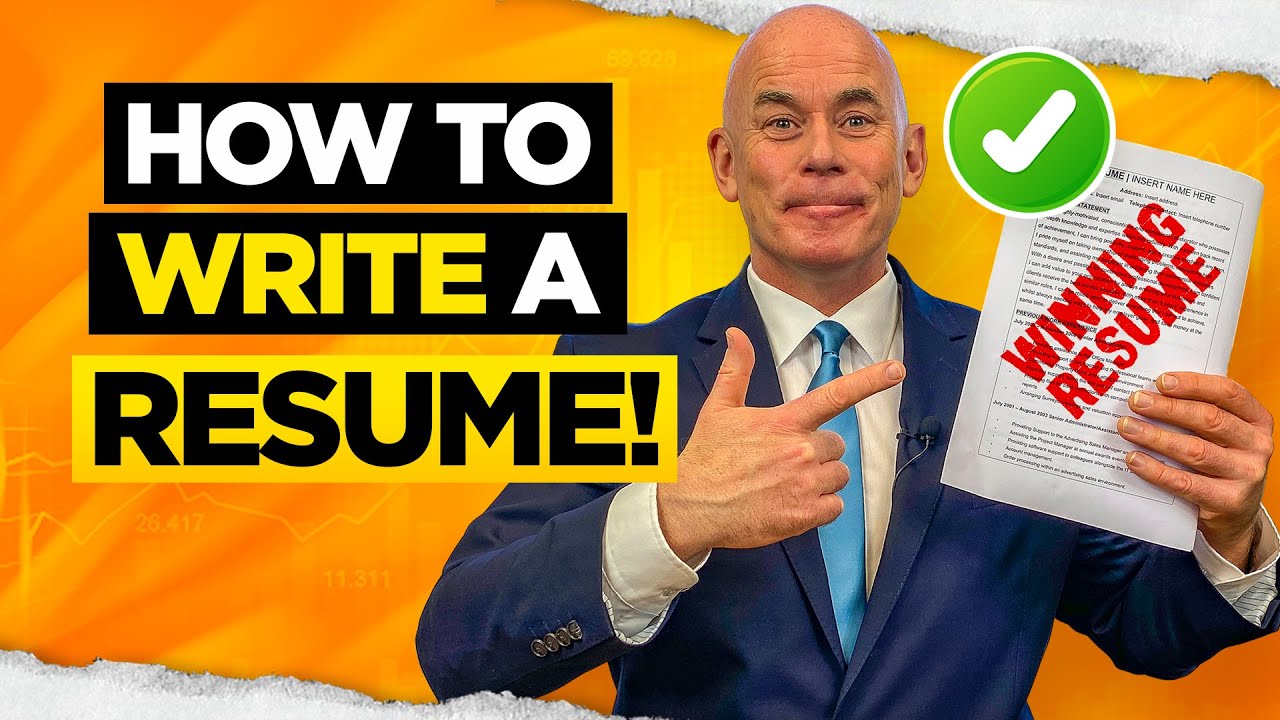Looking to create an impressive resume that stands out from the crowd? Your resume is your first chance to make a lasting impression on potential employers, so it’s crucial to include the right information that highlights your skills and experiences. From your contact details to your educational background, work experience, and achievements, every element plays a vital role in showcasing your capabilities. Maximize your chances of landing your dream job by incorporating relevant keywords and industry-specific terminologies throughout your resume. Tailor your resume to each specific job application, showcasing how your unique talents align with the requirements of the role. Include a concise summary or objective statement at the beginning that encapsulates your career goals and emphasizes your key strengths. Quantify your achievements whenever possible, using specific metrics to demonstrate your impact in previous roles. Additionally, consider including any certifications, volunteer work, or extracurricular activities that highlight your commitment to personal and professional growth. By following these guidelines and showcasing your exceptional skills, you’ll capture the attention of potential employers and increase your chances of success in today’s competitive job market.

What to Include on a Resume
| Section | Details |
|---|---|
| Personal Information | Include your full name, contact information (phone number, email address, LinkedIn profile), and location. |
| Professional Summary | Compose a succinct paragraph highlighting your key skills, experiences, and career goals. This section should provide an overview of your capabilities and grab the attention of potential employers. |
| Education | List your educational background, starting with the highest qualification first. Include the institution’s name, degree earned, major, and graduation year. Additionally, mention any notable academic achievements, such as scholarships or honors. |
| Work Experience | Outline your professional work history, starting with your most recent position. Include the company’s name, your job title, employment dates, and a brief description of your responsibilities and accomplishments. Quantify your achievements whenever possible to showcase the impact you’ve made. |
| Skills | Highlight your relevant technical and soft skills. Categorize them into sections such as “Technical Skills,” “Languages,” “Management Skills,” and so on. Be specific and provide examples of how you have applied these skills in previous roles. |
| Achievements and Awards | Include any significant achievements, awards, or recognition you have received throughout your career. This could involve certifications, publications, patents, or commendations for exceptional performance. |
| Professional Affiliations | Enumerate any memberships or affiliations with professional organizations or industry-specific groups. This demonstrates your commitment to staying updated with industry trends and networking with like-minded professionals. |
| References | Optionally, mention that references will be provided upon request. It is generally advisable to omit specific references unless explicitly requested by the employer. |
“Mastering the Art of Resume Writing: 5 Essential Tips for Crafting a Powerful CV”
What to Include on a Resume
A resume is a crucial document that summarizes your professional background and skills. It serves as a gateway for potential employers to assess if you are a suitable candidate for a job. Crafting a well-organized and comprehensive resume is essential to make a positive impression and increase your chances of getting an interview. In this article, we will discuss five key elements that you should include on your resume.
Contact Information
Contact information is the first section that should appear on your resume. It includes your full name, phone number, email address, and optionally, your physical address. Make sure to provide accurate and up-to-date contact details, as employers need a reliable way to reach out to you. It is also a good idea to create a professional email address that consists of your name rather than a personal or unprofessional handle.
Professional Summary
A professional summary is a brief statement that highlights your key qualifications, experience, and attributes. This section should be tailored to match the specific job you are applying for. It is your opportunity to grab the attention of the hiring manager and provide a concise overview of your expertise. Keep it focused and impactful, using strong action verbs to describe your accomplishments. Remember to keep this section brief, ideally consisting of 3-4 sentences.
Work Experience
Your work experience section is a vital part of your resume, as it showcases your professional background and accomplishments. List your previous jobs in reverse chronological order, starting with your most recent position. Include the company name, job title, dates of employment, and a brief description of your responsibilities and achievements. Use bullet points to make it easier to read and highlight your most relevant experiences. Quantify your achievements whenever possible by using numbers and percentages to demonstrate the impact you made in previous roles.
Education and Certifications
When including your education and certifications on your resume, start with your highest level of education and work your way down. Include the name of the institution, degree earned, field of study, and graduation date. If you have any relevant certifications or licenses, such as a PMP certification or a nursing license, make sure to highlight them in this section. This information helps employers assess your level of expertise and qualifications.
Skills
Your skills section is a chance for you to highlight your abilities and demonstrate how they align with the job requirements. Include both hard skills, such as programming languages or project management software, and soft skills, such as communication or teamwork. Tailor your skills section to match the specific job description, emphasizing the skills that are most relevant to the role. Consider using bullet points to make this section easy to skim and ensure that your skills stand out.
In conclusion, a well-crafted resume is a powerful tool for showcasing your qualifications and securing job interviews. The five elements discussed in this article – contact information, professional summary, work experience, education and certifications, and skills – are essential to include on your resume. Remember to use clear and concise language, quantify your achievements, and tailor your resume to each job application. With a strong resume in hand, you’ll be well on your way to landing your dream job.

